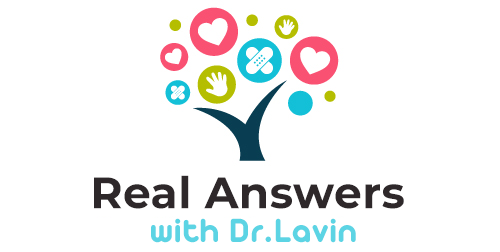Younger members of a class
get medicated more often
The entire population of Iceland born in 1994, 1995, and 1996 was studied to see what impact your relative age in a classroom would have on performance and on your chance of being medicated with stimulants.
(Here’s the article’s abstract- http://pediatrics.aappublications.org/content/130/6/1012.abstract, it just came out this month)
What they found speaks volumes about how we use stimulants to change the grades of our children in school.
Between the ages of 7 and 14, if your child was someone younger than 2 out of 3 or more of the kids in their class, then he or she was 50% more likely to be placed in stimulant drug therapy than a child older than 2 out of 3 or more of the kids in their class.
The study also found that the younger third struggled more in math and reading than the older kids in the class.
Now, keep in mind that actual capacity of a child’s mind to do school work does not change by age. Yes, skills develop with age, but not capacity.
Most importantly, mental illness and mental health conditions should not be determined by your age,but rather by the properties of your mind.
So imagine, the same child in 6th grade may have a 50% greater chance of being diagnosed with a mental health condition and placed in medication to succeed in school than if that child was in 5th grade that same year!
This is rather bold evidence that we often diagnose children with mental health conditions and put them on medication more as a result of unfortunate circumstances, rather than because they truly have a disease or condition.
This publication, a very strong study since it looked at every child in an isolated nation over a 3 year period, makes a very powerful point.
That is, before any family accepts the idea that their child truly has an internal abnormality of brain function, we should be very careful to be sure the trouble seen in school does not reflect external circumstances rather than a true medical condition. This distinction can be made with careful thinking and evaluation, and should be in every instance where a diagnosis of a medical condition is proposed to explain struggling in school.
Dr. Arthur Lavin
*Disclaimer* The comments contained in this electronic source of information do not constitute and are not designed to imply that they constitute any form of individual medical advice. The information provided is purely for informational purposes only and not relevant to any person’s particular medical condition or situation. If you have any medical concerns about yourself or your family please contact your physician immediately. In order to provide our patients the best uninfluenced information that science has to offer,we do not accept samples of drugs, advertising tchotchkes, money, food, or any item from outside vendors.








No comments yet.